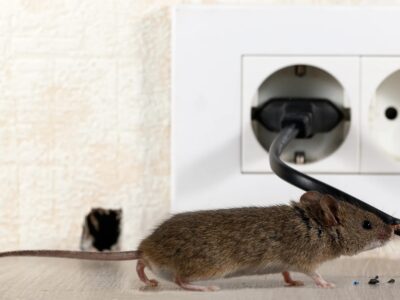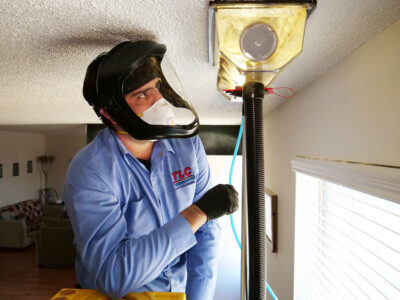
Your home’s electrical system is responsible for keeping your lights on, your appliances running, and your devices charged. While electrical systems are designed to be safe and reliable, several common problems can arise over time. Knowing when to call a residential electrician can help you address these issues before they become dangerous.
Here are some common electrical problems in homes and when to call a residential electrician:
Frequent circuit breaker trips:
If your circuit breaker is tripping frequently, it’s a sign that something is wrong. This could be due to overloaded circuits, faulty wiring, or a damaged circuit breaker. A residential electrician melbourne can diagnose the problem and make any necessary repairs.
Flickering lights:
Flickering lights are not only annoying, but they can also be a sign of a more serious electrical problem. This could be due to loose wiring, a faulty fixture, or a problem with your home’s voltage. A residential electrician can inspect your electrical system and determine the cause of the problem.
Electrical shocks:
If you’re experiencing electrical shocks when you touch an appliance or switch, it’s a sign that there’s a problem with your electrical system. This could be due to faulty wiring, improper grounding, or damaged appliances. A residential electrician can identify the source of the problem and make the necessary repairs.
Outlets that don’t work:
If you have outlets in your home that don’t work, it could be due to several issues. This could be due to a tripped circuit breaker, faulty wiring, or damaged outlets. A residential electrician can troubleshoot the problem and make any necessary repairs or replacements.
Burning smells:
If you smell burning or notice smoke coming from an appliance or outlet, it’s important to call a residential electrician immediately. This could be a sign of an electrical fire or other serious problem that requires immediate attention.
Old or outdated electrical systems:
If your home is more than 20 years old, it may have an outdated electrical system that is not up to code. This could pose a serious safety risk and increase the likelihood of electrical problems. A residential electrician can inspect your electrical system and make any necessary upgrades to ensure that it meets current safety standards.
GFCI outlets that trip frequently:
GFCI outlets are designed to protect against electrical shock and are required in certain areas of your home, such as the bathroom and kitchen. If your GFCI outlets are tripping frequently, it could be a sign that there’s a problem with the outlet or your electrical system. A residential electrician can inspect your GFCI outlets and make any necessary repairs or replacements.
Buzzing or humming sounds:
If you hear buzzing or humming sounds coming from your electrical panel or outlets, it’s a sign that there’s a problem with your electrical system. This could be due to loose connections, faulty wiring, or an overloaded circuit. A residential electrician can diagnose the issue and make any necessary repairs.
Overheated switches or outlets:
If your switches or outlets feel hot to the touch, it’s a sign that they’re overheating. This could be due to an overloaded circuit, damaged wiring, or faulty outlets. Overheating switches or outlets can be a fire hazard, so it’s important to call a residential electrician right away.
Inconsistent power supply:
If your lights flicker or your appliances stop working intermittently, it’s a sign that there’s a problem with your power supply. This could be due to loose connections, faulty wiring, or a damaged electrical panel. A residential electrician can diagnose the problem and make any necessary repairs or replacements.
Conclusion
In conclusion, there are several common electrical problems in homes that require the attention of a residential electrician. By knowing when to call a professional, you can ensure that your home’s electrical system is safe, reliable, and up to code. If you’re experiencing any of the issues listed above, don’t hesitate to contact a licensed residential electrician for help.










